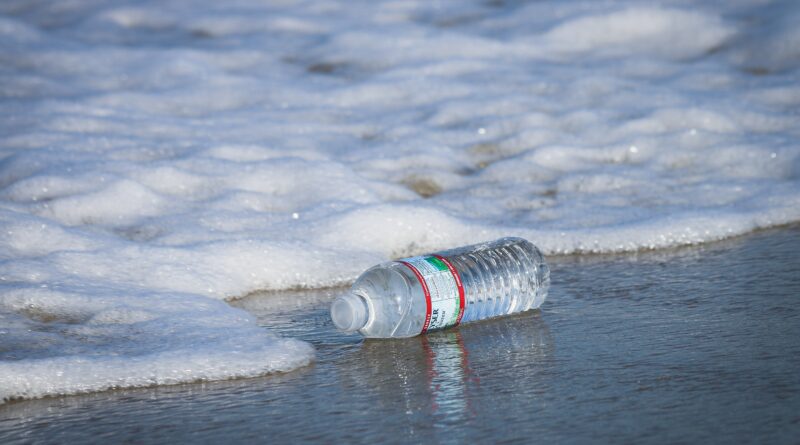Microplastics – a threat to health
Microplastics and their impact on our health
Studies conducted on animals show that microplastic particles can penetrate the blood-brain barrier and cause cell death. Research is being conducted by institutions such as the Medical University of Vienna and the University of Debrecen. The studies focus on one of the materials – polystyrene. A group of laboratory mice were given microscopic particles of the material, which were then detected in the animals’ brains just 2 hours after ingestion.

8 million tons of plastic – that’s how much ends up in the environment every year.
Microplastics - a serious threat.
The problem arises with waste from plastics that are exposed to UV radiation, ocean waves, and other factors. They break down into small fragments until they form microscopic particles smaller than 5 millimeters. Due to consumption by organisms such as plankton, they enter the food chain, and eventually can be consumed by humans.

These small particles are able to overcome the blood-brain barrier, which usually protects the most important organ from toxic substances. As a result, they can exacerbate inflammation and may even increase the risk of neurodegenerative diseases. Penetration into the brain is unusual and so far unknown to researchers.
The study suggests that microplastics, especially particles with a diameter of 2 micrometers or less, begin to accumulate in the brain even after a short period of consumption, within seven days. This results in apoptosis, changes in the immune response, and inflammatory reactions,
according to Dr. Seong-Kyoon Choi, one of the authors of the publication that appeared in the journal “Science of The Total Environment.”

Drink tap water
Drinking water from plastic bottles can significantly increase the risk of swallowing microplastic particles. Drinking 1.5-2 liters of bottled water per day carries a risk of ingesting around 90,000 potentially harmful particles. It is worth considering drinking tap water instead. Scientists are still researching the effects of plastic on human health, but we already know that it would be wise to limit the use of plastic.



